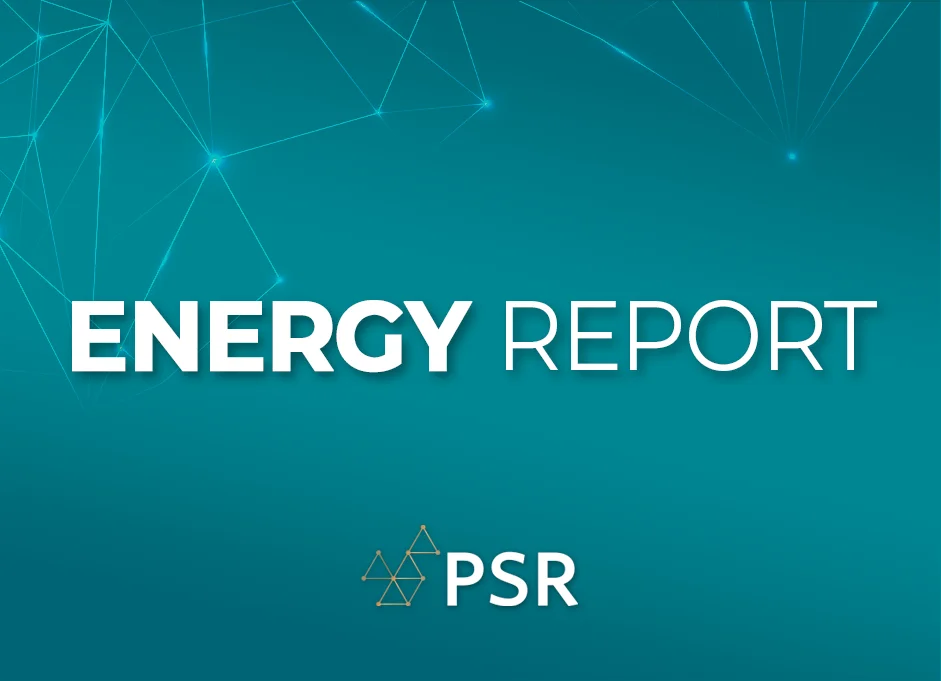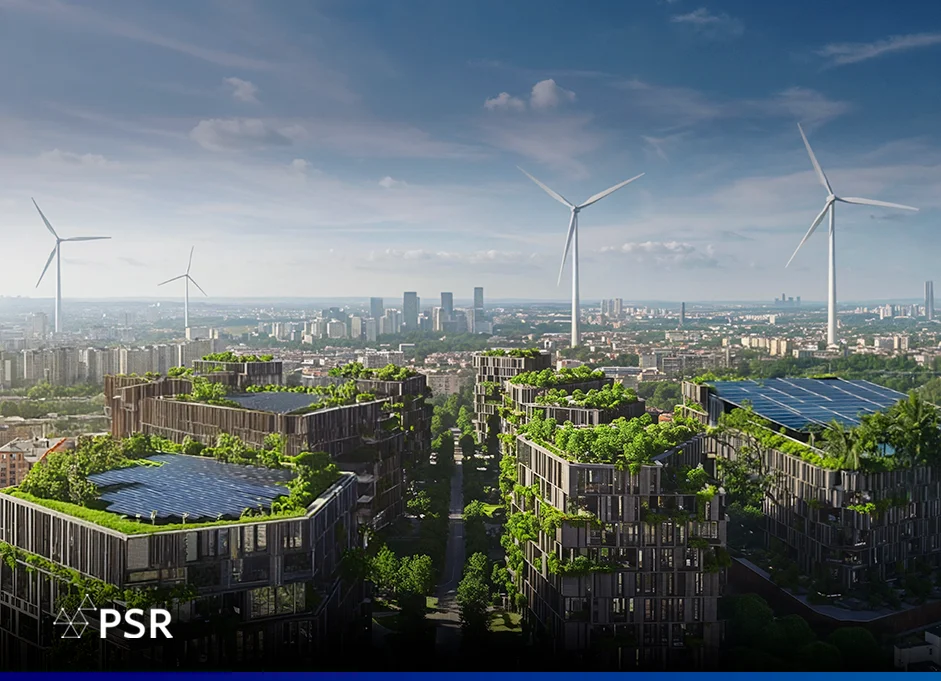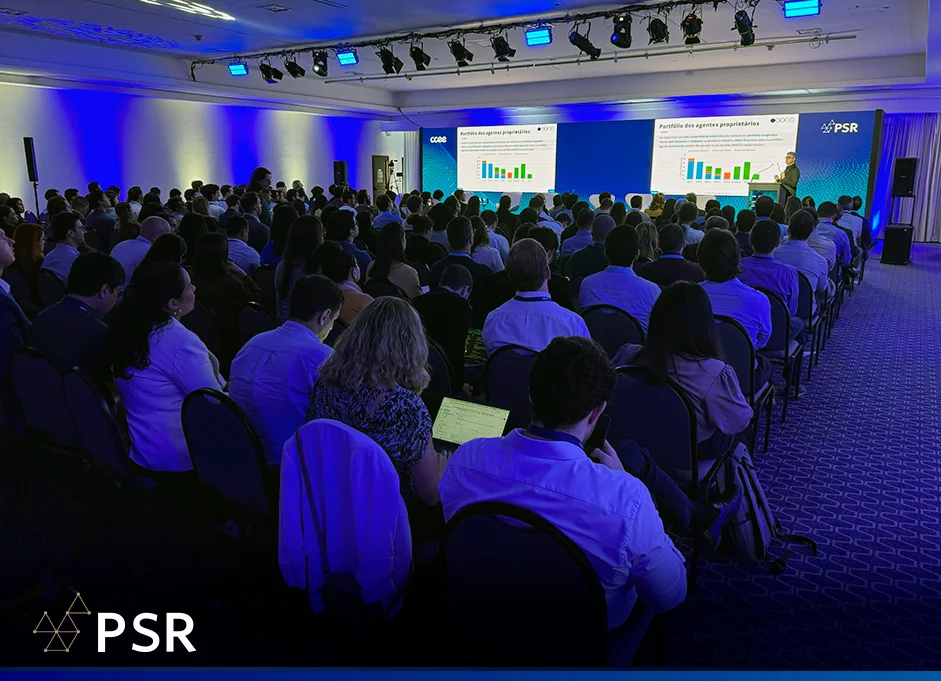Consulting
Hydrometeorological Studies and Data Analysis
Customized support to meet clients' specific needs, addressing strategic and technical issues in the energy sector.
Home > Consulting > Water Resources and Environment > Hydrometeorological Studies and Data Analysis
About
Understanding the behavior of hydrometeorological conditions is essential to ensure efficiency and safety in the energy sector. PSR, through specialized analyses, transforms complex hydrometeorological data into practical and strategic information, helping companies, governments, and institutions in assertive decision-making. This analysis serves as the basis for the construction of detailed hydrological studies, which evaluate changes in precipitation patterns, flow rates, and reservoir levels, allowing for more efficient management, adapted to climate change. In this way, we enable the efficient management of water resources, optimizing the operation of hydroelectric plants, Small Hydroelectric Plants (SHPs), and other energy systems, with a focus on adaptation, resilience, and sustainability.
What we do
Analysis of consistency and filling of gaps in hydrometeorological data
Statistical techniques and interpolation methods are used to validate the consistency of rainfall, streamflow, and meteorological data series, ensuring their reliability for use in advanced hydrological modeling and studies
Analysis of stationarity and permanence
Statistical tests are performed to assess trends, regime shifts, and persistence in historical data series, which are fundamental for hydrological modeling and the evaluation of climate change impacts.
Studies of maximum and minimum flow rates (in hydraulic works, including dam safety)
Frequency analyses, employing statistical distributions, are conducted to model historical streamflow series. This process supports the determination of design parameters for flood and drought conditions, applicable to dam safety assessments, the hydraulic dimensioning of control structures, and risk analyses.
Preparation and analysis of discharge curves
Adjustment of discharge quotas at hydrometric stations based on observed and measured data, and their extrapolation to maximum and minimum levels as a basis for hydraulic structure designs related to various water uses.
Backwater studies
Assessment of the backwater effects of dams considering current and future scenarios of flow regimes in reservoirs and river sections using one-dimensional and two-dimensional modeling, allowing for the assessment of flood spots and the proposal of engineering solutions.
Sedimentological analysis and reservoir lifespan
Studies of sediment balance and siltation rates using sedimentological modeling based on field data, with the aim of estimating the loss of useful volume over the course of reservoir operation and supporting reservoir management and maintenance plans.
Evaluation of other water uses
Diagnostics on water use based on calculations of consumptive and non-consumptive demand, assessing and managing conflicts arising from multiple uses of water, with the aim of obtaining concessions, water balances, and integrated resource management.
Climate change studies based on global climate models (GCMs) and emission scenarios
Climate change impact analyses are carried out using global climate models (GCMs) and emission scenarios, providing projections of precipitation, flows, and reservoir levels to support water and energy management.
Discover how leading global players are shaping the future of energy with PSR’s innovative solutions.
Explore our latest publications
Stay up to date with the latest news, analysis, and content produced by the PSR team.
Energia em Foco
PSR’s hub on Exame, featuring expert content on trends and challenges in the Brazilian and global energy sector.
Latest news
Institutional content featuring study releases, events, partnerships, and other initiatives that highlight our commitment to innovation and excellence in the sector.
Scientific Publications
Articles, studies, and reports that contribute to the effective development of the energy sector.




